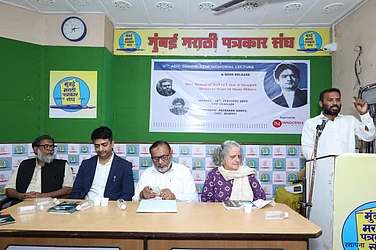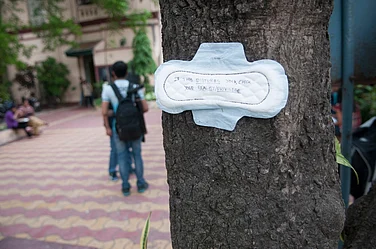The administrators of a private school in Madhya Pradesh, who were accused of compelling girl students to wear headscarves, have been granted bail by the Madhya Pradesh high court. The Ganga Jamuna Higher Secondary School in Damoh faced scrutiny when a complaint was filed against 11 of its members on May 31. The complaint alleged violations of the Indian Penal Code (IPC) and the Juvenile Justice Act. The controversy ignited when a poster showcasing the top performers of the state board exams for classes 10 and 12 displayed all female students wearing headscarves, despite some not being of the Muslim faith. The parents of the students who were affected by this incident raised concerns.
Justice Dinesh Kumar Paliwal, presiding as a single judge, granted bail to committee members Asfa Sheikh, Anas Athar, and Rustom Ali. The bail comes with specific conditions, including a personal bond of ₹50,000. The court order mandates that the administrators refrain from repeating the offense for which they were released on bail. It emphasizes the right of the administrators to uphold their own religious practices, such as wearing a sacred thread (kalawa) and applying a tilak on the forehead. However, the administrators are prohibited from compelling students of other religions to study materials or languages not approved by the Madhya Pradesh Education Board.
The court also explicitly stated that girl students from different religious backgrounds, including Hindu and Jain, must not be coerced to wear headscarves (Hijab) anywhere on the school premises or within classrooms. The order extends its expectations of compliance to these directives.
In the aftermath of the controversy, some students alleged that they were coerced by teachers to learn and recite the Quran, with Friday recitations being obligatory. Despite the upheaval, a student mentioned in the FIR that due to the scarcity of alternative educational options in the area, they continued attending the school in question.


























